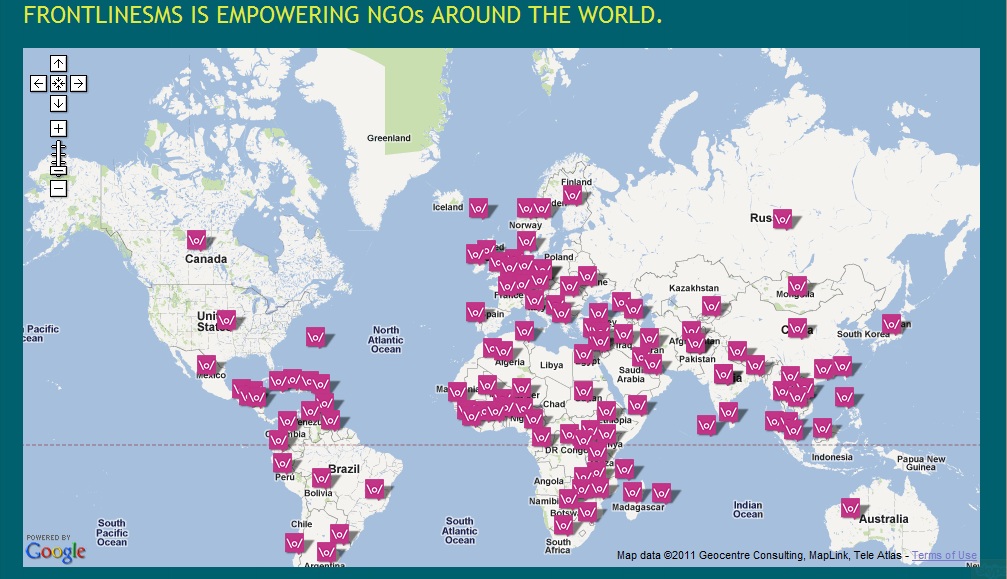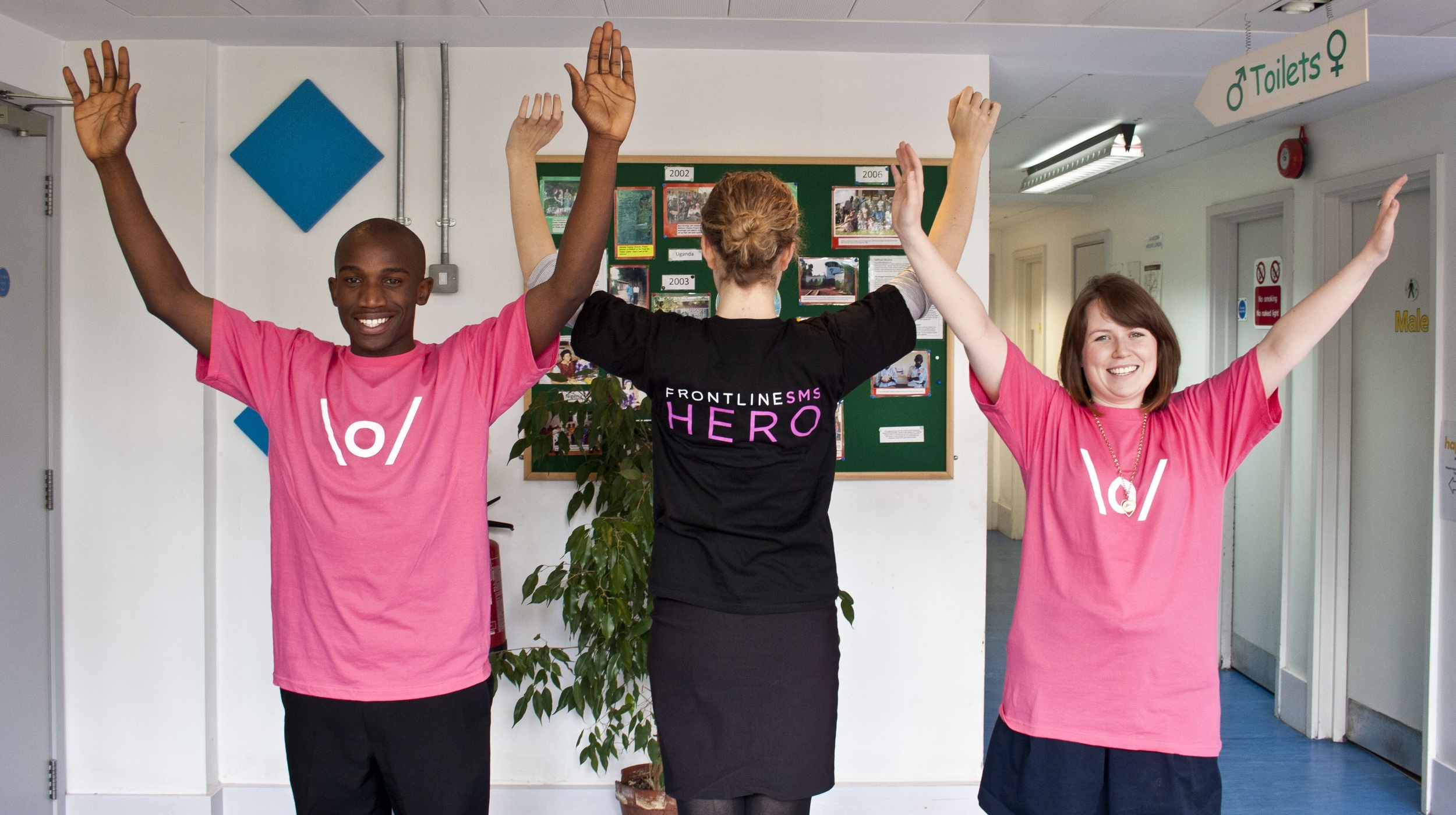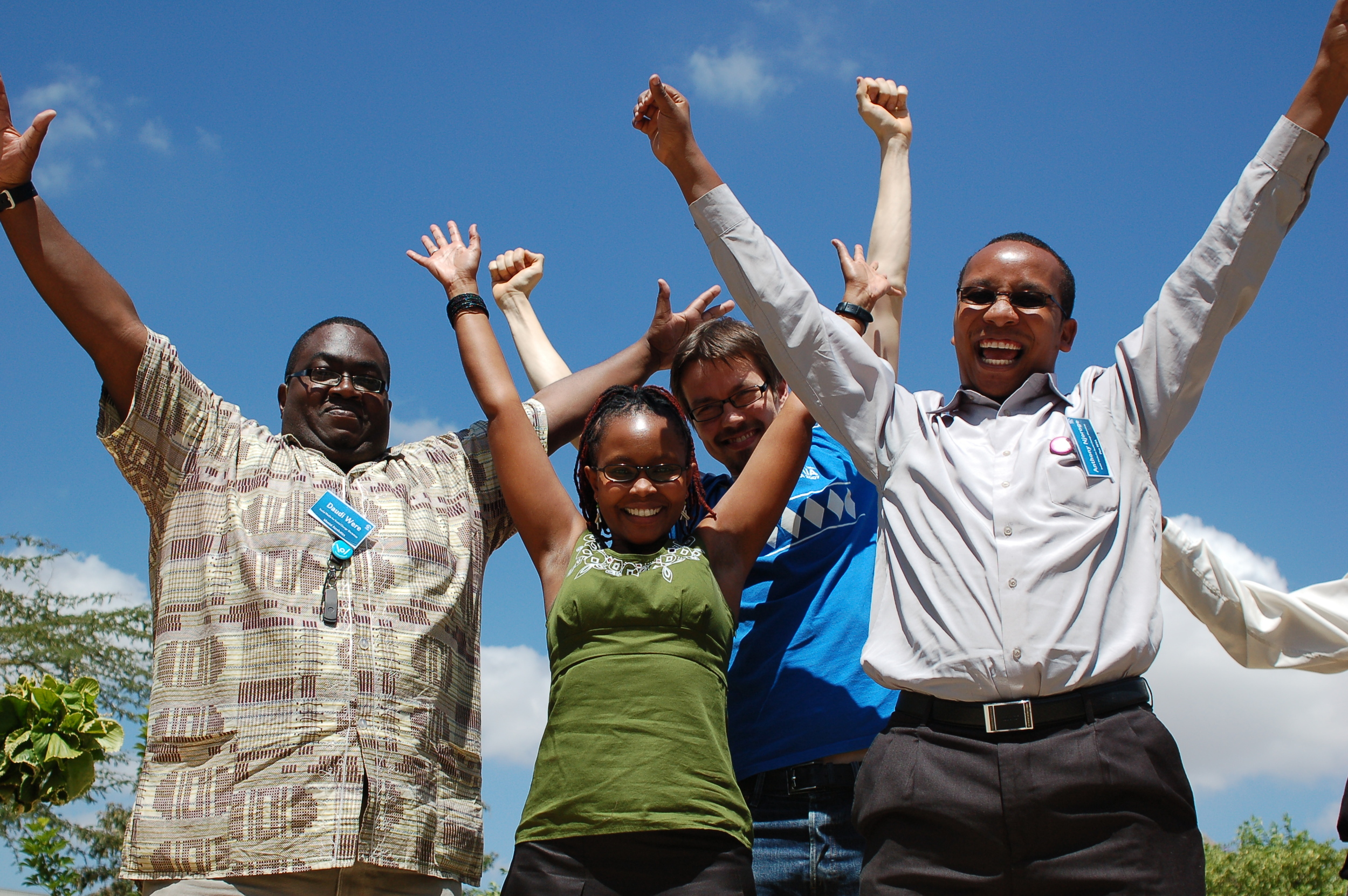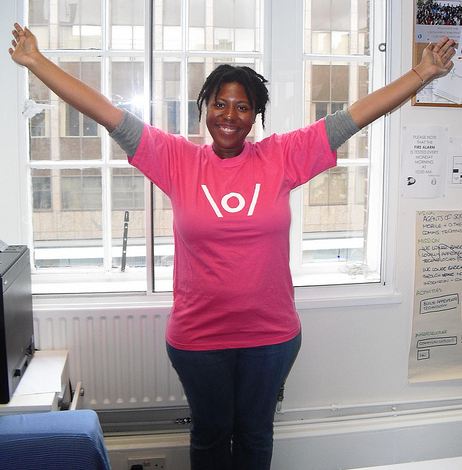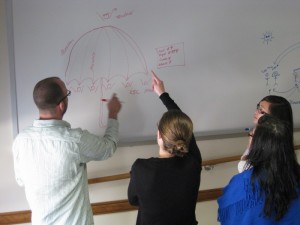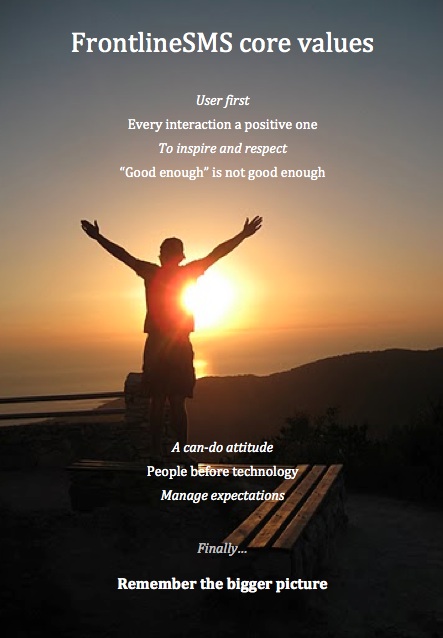IREX is an international non-profit organization working on education, independent media and civil society development. Recently, they have been using FrontlineSMS as a tool for efficient management of their Global Connections and Exchange (GCE) and Digital Youth Dialogue (DYD) programs in Kyrgyzstan. In this guest post IREX's Myahriban Karyagdyyeva and Tynchtyk Zhanadylov explain how their use of FrontlineSMS is making a difference in their work on these programs:

IREX has been implementing our Global Connections and Exchange (GCE) and Digital Youth Dialogue (DYD) programs in 22 schools and 3 librariesthroughout Kyrgyzstan. The GCE and DYD programs aim to equip students and the teachers with technology and training, in order to enhance classroom learning. In each school or library IREX has an appointed teacher who is responsible for coordination of activities between IREX and the institution. This set up requires IREX and teachers to have constant communication, in order to be able to keep up with dynamic program activities.
However, efficient communications on these programs initially proved challenging. Every day, the IREX team based in Bishkek need to send out different announcements and instructions to teachers, and at first we were doing this via email only. Yet we soon found that teachers often aren't able to check their emails during the day, therefore relying on email to communicate was resulting in delays. Our team often had to call each teacher individually in order to ask them to check their email. This took up a significant amount of staff time, and was also an inconvenience to teachers. In addition, we also have a need to receive information from teachers every day, and so there was a clear need for a quick and interactive communications channel which could make this process more convenient all round.
The teachers and students we’re working with are attached to their cell phones, and therefore our team decided to experiment with text messaging as a method of communication. FrontlineSMS software enabled us to use mass text messaging, which streamlined our communication and allowed us to use time more efficiently. It only takes about a minute to send out text messages to all of our teachers through FrontlineSMS, whereas in the past staff were making individual calls which took a lot longer.
Currently FrontlineSMS is used in many different ways to help us administer daily tasks in our programs. This includes sending reminders to check emails or prepare for upcoming deadlines, as well as interaction between our team and teachers on any urgent questions. Using FrontlineSMS helps to improve the speed of communication, which in turn ensures that program deadlines are met and results in less time being needed for coordination of activities in different regions.
We have found that there are many other advantages to using FrontlineSMS, too. Internet speed is low outside of in Kyrgyzstan’s urban centers and connection problems are a constant challenge. Few people have internet in their homes, yet everyone has mobile phones and so using SMS makes regular communication accessible to more of those we work with. When we ask teachers how they like working with SMS, they say that they find it very convenient, useful and flexible. It helps them to implement tasks faster, and helps them stay always informed in areas which are offline. When working with different communities who don’t have regular access to internet or email, SMS is clearly a useful solution for ensuring fast two-way communication.
Moving forward we plan to continue using FrontlineSMS for communication with teachers, and we will also be using FrontlineSMS in new ways too. We plan to collect SMS feedback reports from our program participants on how often they attend IREX trainings and where trainings are being held. We will then map these reports using online mapping tool Ushahidi, and this will allow us to visualize our impact. In addition, the GCE program is also planning to use FrontlineSMS to conduct polling and short surveys among students and teachers, which will help us to further understand the value of our program and the needs that program participants have. We’re really excited about all we have planned, and will continue to build up the use of FrontlineSMS in our work.
To find out more about IREX visit http://www.irex.org








